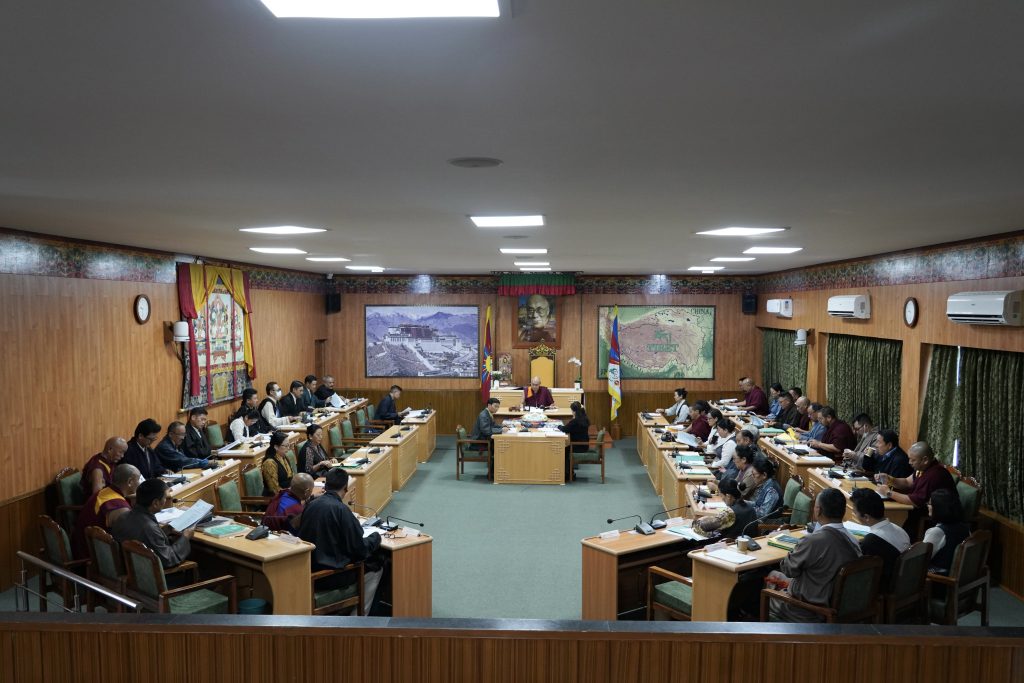Document No. 3
OFFICIAL OBITUARY RESOLUTION
PREAMBLE
Former Prime Minister of India, Dr. Manmohan Singh, passed away at the age of 92 on the evening of December 26, 2024, in Delhi at the All India Institute of Medical Sciences. Dr. Manmohan Singh was born on September 26, 1932, in a village in Punjab, India. He completed his matriculation examinations from the University of Punjab in 1948.
He graduated from the University of Cambridge, United Kingdom, earning a First Class Honours degree in Economics in 1957. He followed this with a D. Phil in Economics from Nuffield College at Oxford University in 1962. He wrote a book on India’s Export Trends and Prospects for Self-Sustained Growth. He was a professor at Punjab University and the Delhi School of Economics for many years. In 1971, he joined the Government of India as economic advisor in the Commerce Ministry. And in 1972, he was appointed as the Chief Economic Advisor in the Ministry of Finance. Over his career, he held several significant positions, including Secretary in the Ministry of Finance, Deputy Chairman of the Planning Commission and Governor of the Reserve Bank of India. He was advisor to the Prime Minister and Chairman of the University Grants Commission. He also served at the United Nations Conference on Trade And Development Secretariat and Secretary General of the South Commission in Geneva from 1987 to 1990. From 1991 to 1996, he served as India’s Finance Minister, marking a turning point in the nation’s economic history. His role in ushering in a comprehensive policy of economic reforms remains globally celebrated.
The late dignitary received numerous awards and honours during his lifetime. Among the most prominent are India’s second-highest civilian honour, the Padma Vibhushan (1987), the Jawaharlal Nehru Birth Centenary Award of the Indian Science Congress (1995), the Asia Money Award for Finance Minister of the Year (1993 and 1994), The Euro Money Award for Finance Minister of the Year (1993), etc.
Similarly, he served as a member of the Rajya Sabha (upper house of the Indian Parliament) from 1991 and was the Leader of the Opposition from 1998 to 2004. He then served two terms as the Prime Minister of India from 2004 to 2014.
The late dignitary had met His Holiness the Dalai Lama several times. He was not only a good friend who trusted His Holiness the Dalai Lama deeply, but also someone who showed great concern for Tibet and the Tibetan people. When the sad news of his passing emerged, His Holiness the Dalai Lama sent a condolence message to his family: “I will remember him in my prayers and offer my condolences to you and your family at this sad time. I deeply appreciated his concern and good counsel whenever we met over the years. I felt he was like an elder brother to me. Your husband was motivated by a strong wish to help others. He significantly contributed to India’s development and prosperity, especially its economic growth, improving the lot of the Indian people. He was also a good friend to the Tibetan people.”
With deep sadness and mourning, we recognize the passing of a sincere supporter of the Tibetan cause and a trustworthy friend of the Tibetan people. It is therefore essential that, we pass this official resolution of mourning.
RESOLUTION
We expressed our highest respect and admiration for the departed leader for his outstanding contributions. His passing was a significant loss to India and to the Tibetan movement. The Tibetan Parliament-in-Exile, on behalf of all Tibetans in Tibet and in exile, extends its profound condolences to his family members and loved ones. We pray that all his noble aspirations be fulfilled and that he may experience peace, happiness and prosperity in all his future rebirths. And so be it adopted accordingly with the unanimous approval of the Tibetan Parliament-in-Exile on 17th March, 2025.
The above resolution was passed with unanimous approval by the 17th Tibetan Parliament-in-Exile during its 9th session on 17th March 2025.
* This is an English translation of the Tibetan original, in case of any discrepancy the latter should be considered authoritative and final for all purposes. *

